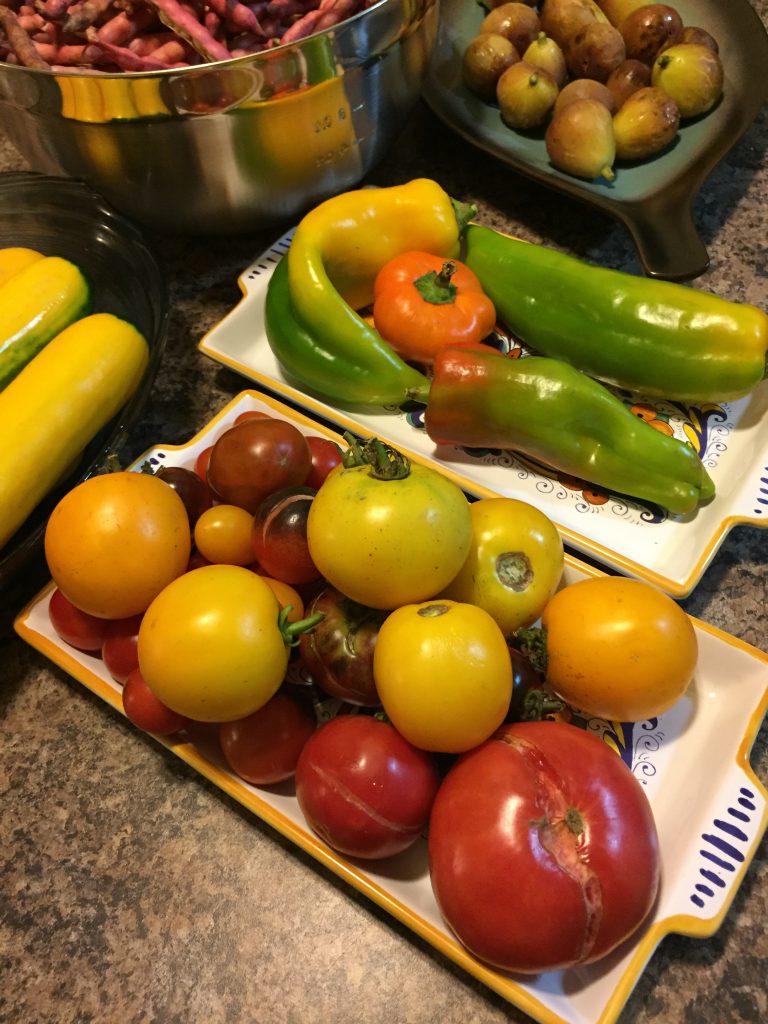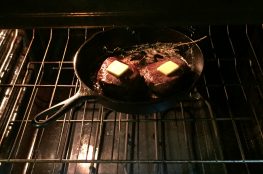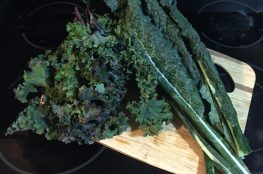
Growing up, I loved rules. If I followed them, everybody liked me: my parents, my teachers, my friends (who also liked rules). Then I got to college. In college, there are some rules you’re supposed to follow and others you’re supposed to learn to break. If you can’t break them, you won’t be original. That was a problem. How was I supposed to know the difference?
I suspect that many people who are intimidated by cooking are people who love rules. For me, this trait manifested itself in a lot of “what ifs.” What if I forgot to set the timer on the oven? What if I was already supposed to add the salt but I didn’t? What if I only have olive oil and my recipe calls for safflower oil? What if my milk is two days past expiration? What if I’m supposed to have preserved lemon and no one sells it and I don’t even entirely know what it is????
If this sounds like you, please pay close attention to the following statement: the most important ingredient in cooking is your own common sense. If you use it, you will not have problems. If you ignore it because you’re convinced that you don’t know what you’re doing, you are probably screwed.
This means:
If it smells bad/looks bad/makes you gag, don’t eat it.
If you think it’s done, it probably is.
If you aren’t serving it to a panel of judges on a reality show, no one cares if it’s pretty.
If you omit or substitute an ingredient and it still tastes good, you win.
If it’s edible but you don’t really like it, don’t make it again.
If you hate liver/caraway seeds/cilantro/smoked salmon, don’t include it.
If it might contain life-threatening bacteria, don’t fling it around your kitchen.
If it all goes to shit, order pizza.
When it comes to cooking, these types of guidelines are the only rules that really matter. Use your eyes, ears, hands, tongue, and nose to inform your judgment and you will lose all fear of cooking in no time. I learned this lesson from the first cookbook I really used, Adam Roberts’s Secrets of the Best Chefs. Do I recommend that you buy this book? Not necessarily; if you’re the sort of person who hates tracking down exotic ingredients and thinks that making homemade gnocchi sounds like a headache, it may not be a good fit. But of all the cookbooks I’ve owned, Roberts’s has been my favorite, and the most influential. Flipping through it, I’ve always felt like I have nothing to lose–the chefs whose recipes are featured are world-class chefs, and the techniques they use are advanced, so anyone could be forgiven for botching a recipe. This frame of mind–the sense of “Let’s see if this works” instead of “I have wasted so much money and time if this fails”–has been invaluable. Regardless of what you hope to make for dinner, start by giving yourself the chance to succeed by giving yourself permission to fail. If you trust your own instincts, your taste buds will thank you later.


